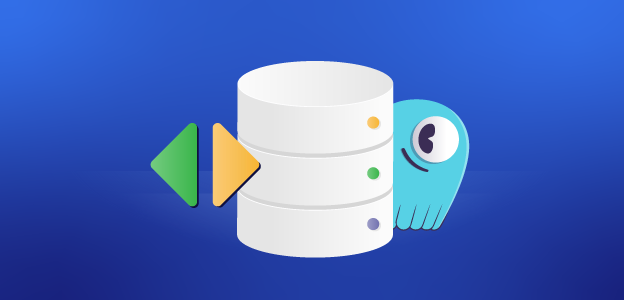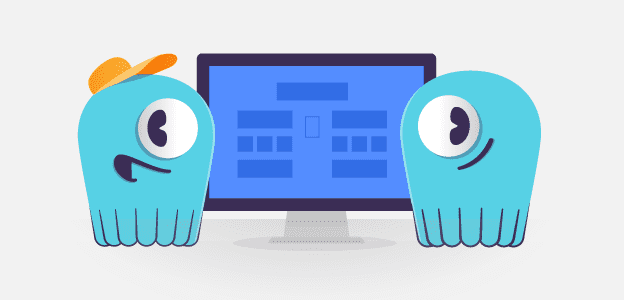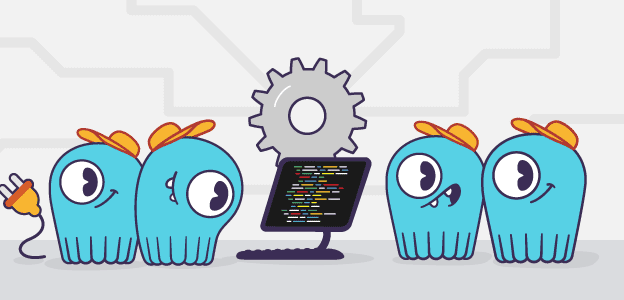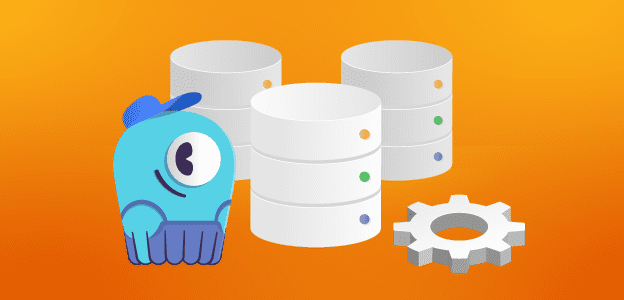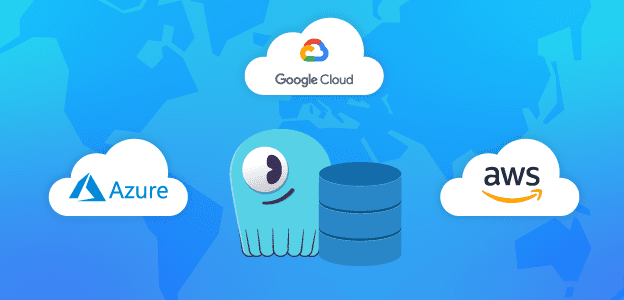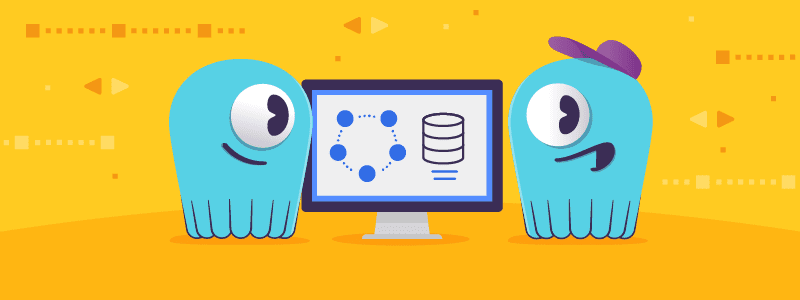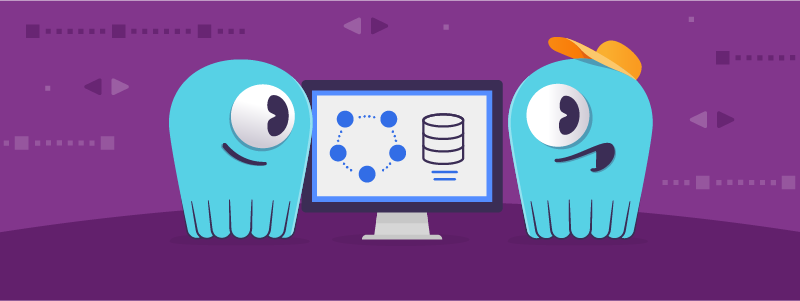ScyllaDB University
Level up your skills with our NoSQL database courses
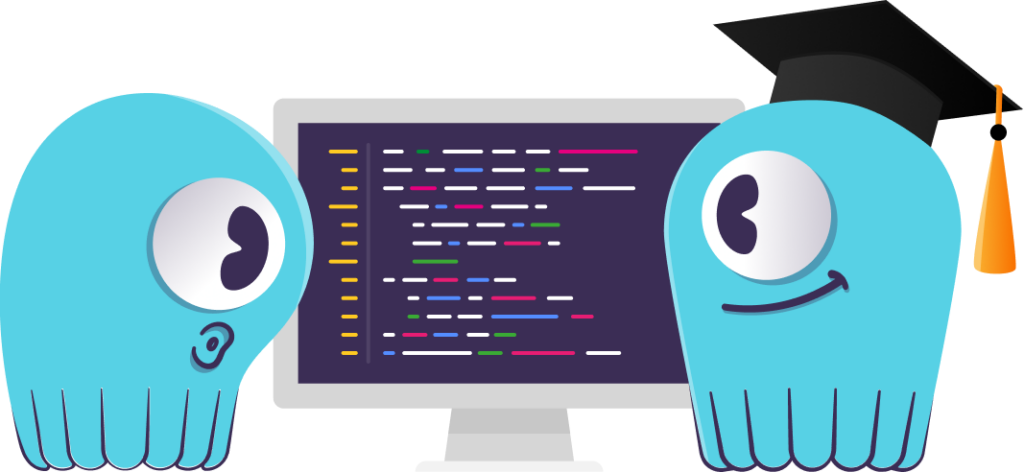
Free NoSQL Courses, from ScyllaDB Essentials to Advanced
Each courses include multiple lessons, labs, tutorials, hands-on demos, and quizzes.
Start Your ScyllaDB Learning Journey in 3 Easy Steps
Take the ScyllaDB
Essentials Course
Learn core concepts and practices for getting the most out of ScyllaDB
Get Certified
After you complete the course (and quizzes), we'll send a certificate you can post on LinkedIn
Plus, Swag!*
We’ll ship you some ScyllaDB Sea Monster swag so you can get your Sea Monster swagger on
*Due to restrictions, we can only ship ScyllaDB University Essentials swag within the United States.
Not sure where to start?
Follow a learning path for role-focused courses
Search NoSQL Courses, Lessons, Quizzes and Labs
I really enjoyed the online free training provided by ScyllaDB. The interface is simple and the content is “just right” when it comes to the amount of detail provided. It tells you “why” as well as “how” which I appreciate!
– Ian Harding, DBA, Zillow 
I really enjoyed the online training course and it was really useful for me. I’m also glad to have added the certificate to my Linkedin profile.
– Lucrezia Geusa, Software Developer, RDSLab 
ScyllaDB University provided a frictionless experience for me to get started and level up quickly. Thanks to the training team at ScyllaDB for being thoughtful in preparing the content and organizing it for the benefit of learners like me.
– Lalith Kumar Nimmala, Technology Lead, Infosys 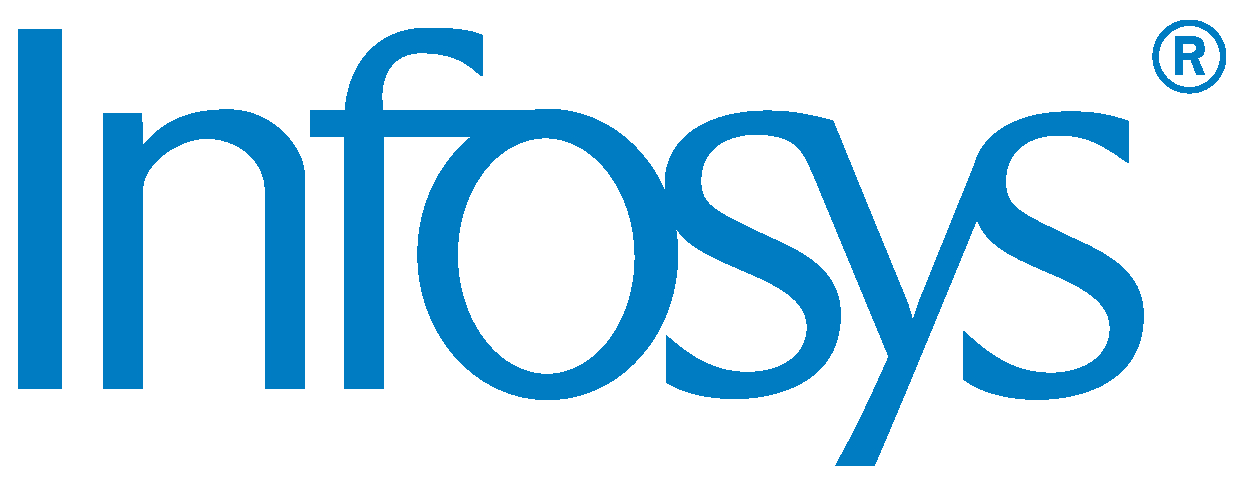
ScyllaDB University has tremendously helped me learn the fundamentals of NoSQL DBs! The latest courses that paired with the ScyllaDB Summit have furthered my understanding especially about Materialized Views vs Secondary Indexes.
– Julianna Hansen, Senior Software Developer, Project Lead, Platforms LLC
I have found ScyllaDB University to be a fantastic learning resource, clear explanations and has helped me immensely so thank you for providing this great resource!
– Oliver Allan, DBA, Metro Bank 
The quality of the content at ScyllaDB University is very good and the quizzes at the end of each section helped me learn. I not only learned specific concepts about ScyllaDB but also the differences between other NoSQL databases.
– Satyam Mittal, Database Software Engineer, Grab 
ScyllaDB University is a great place to start if you are not familiar with NoSQL databases and planning to switch your current relational database to a very robust NoSQL solution. Its content helped me delve into NoSQL world and gave me insights into how it would affect our product’s design.
– Felipe Santos, Dynasty Sports & Entertainment 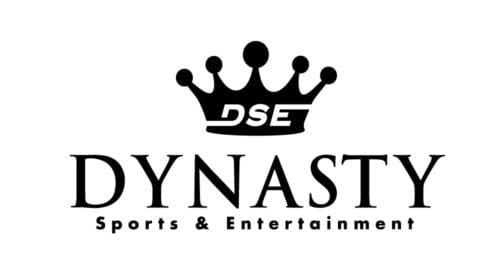
The courses are very well laid-out, easy to follow. Top grade materials.
– Tho Vo, Weatherford 
ScyllaDB’s performance is fantastic! We achieved great results by implementing it in our streaming stream. ScyllaDB University attracted our collaborators for its easy and intuitive language!
– Vinicius Neves, Mobiauto 
